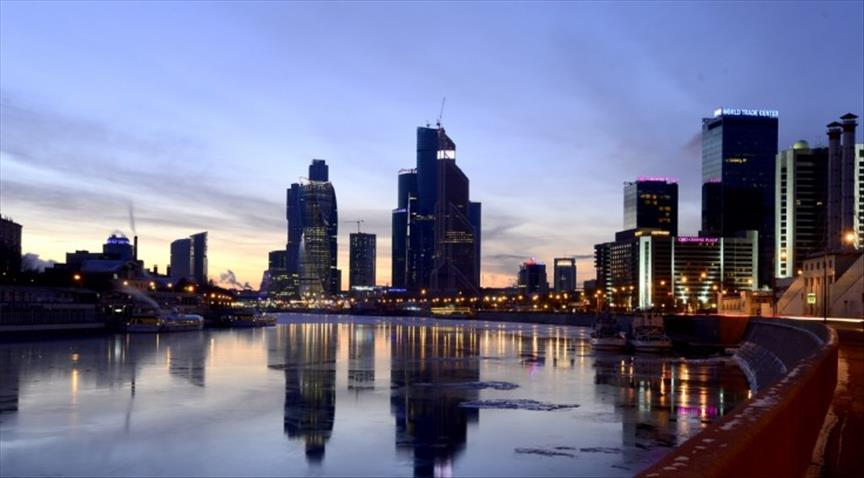The Russian government is getting ready to play the “privatization of state companies” card to ease economic pressures created by low oil prices.
Russian President Vladimir Putin and Russia’s top economy officials met on Monday to discuss privatization plans.
With its GDP shrinking by 3.7 percent in 2015 and with the IMF predicting an additional decrease of 1 percent this year, Russia is trying to find new ways to cope with the budgetary problems of its struggling economy.
“Privatization must not lead to the state losing control of strategically important companies,” said the statement released by the Kremlin on Monday after the meeting.
Historically, the Russian state has always had some control over some of the country’s most prized companies, such as energy giants Gazprom, Rosneft and some of the world’s largest banks; Sberbank and VTB.
“Additionally, the new owners of privatized assets should be located in Russia’s jurisdiction,” the statement added, indicating that the state still wants to hold a controlling position in the companies that are planned to be privatized.
The government is expected to reduce its shares in companies such as the country’s top oil firms Rosneft and Bashneft, shipping company Sovcomflot, Russia’s largest diamond mining company ALROSA and the country’s second largest bank VTB.
According to unnamed officials talking to various Russian media outlets, the state is also considering the privatization of Russia’s largest airline Aeroflot, Russian Railways, RusHydro, Rostelecom and Transneft.
However, the same officials also warn that financial sanctions imposed on Russia by the U.S. and the EU, coupled with the global economic slowdown, may reduce the interest of international investors to invest in the Russian market throughout the privatization process.
Rosneft; one of the world’s largest oil companies, ALROSA; the world’s largest diamond mining companies by volume and Sovcomflot; a global leading company for petroleum and LNG shipping, are expected to attract the most interest among investors in Russia and worldwide.
The Russian state holds 100 percent of Sovcomflot’s shares, while it owns 69.5 percent interest in Rosneft, 43.5 percent share in ALROSA and 60.9 percent in VTB.
Russia’s Economic Development Minister Aleksey Ulyukaev said recently that due to the critical situation in the economy, the privatization should start “as soon as possible.”
Finance Minister Anton Siluanov stated earlier in November that the government was expecting to gain some $13 billion through the privatization process.
By Emre Gurkan Abay reporting from Moscow
Anadolu Agency
gurkan.abay@aa.com.tr


